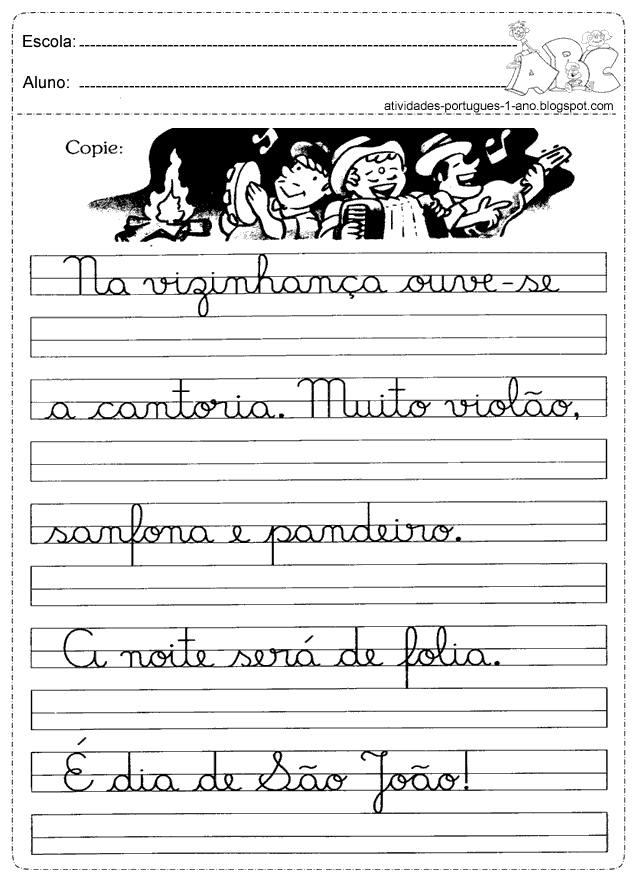Unlocking Style: The Power of Italic Fonts
In the world of digital communication, where words often dance across screens in monotonous uniformity, the ability to emphasize and stylize text becomes paramount. Enter italic fonts, a typographical tool that adds a touch of elegance, emphasis, and visual interest to your writing. Whether you're crafting a compelling social media post, designing an eye-catching website, or simply adding flair to your emails, italic fonts offer a versatile solution to make your text stand out.
But italic fonts are more than just a stylistic choice. They play a crucial role in conveying meaning and adhering to grammatical conventions. From highlighting foreign words and technical terms to indicating thoughts and emphasis, italic fonts add a layer of sophistication and clarity to written communication. Imagine reading a book where every word appeared with the same weight and style - it would be a monotonous and potentially confusing experience. Italic fonts help break up the monotony and guide the reader's eye, making text more engaging and easier to understand.
The use of italic fonts can be traced back to the early days of printing, where they were first employed as a way to distinguish different sections of text and create a more visually appealing layout. Over time, their usage has evolved, and today, they are an indispensable part of our typographical lexicon.
However, with great power comes great responsibility. The overuse or misuse of italic fonts can be distracting and detract from the overall readability of your text. It's essential to use them judiciously and strategically to achieve the desired effect.
One of the primary benefits of italic fonts is their ability to emphasize specific words or phrases within a sentence. Just as you might raise your voice slightly to emphasize a particular point in spoken language, italic fonts serve a similar purpose in writing. By subtly shifting the weight and slant of the text, they draw the reader's attention to the italicized words, highlighting their importance. For example, "The meeting is tomorrow, not next week" conveys a sense of urgency that would be lost without the use of italics. This subtle visual cue helps to ensure that the reader understands the intended meaning and doesn't overlook crucial information.
Beyond emphasis, italic fonts serve a variety of other purposes in written communication. They are often used to denote titles of books, movies, and other works of art, creating a visual separation between the title and the surrounding text. Similarly, italic fonts are frequently employed to indicate foreign words or phrases that may be unfamiliar to the reader. This not only helps to clarify the meaning of the text but also adds a touch of sophistication and worldliness to the writing.
In the digital realm, where attention spans are notoriously short, italic fonts can be a powerful tool for capturing and maintaining the reader's interest. By breaking up the monotony of plain text and adding visual interest, italic fonts help to create a more engaging and dynamic reading experience. Whether you're crafting a captivating social media post, an attention-grabbing email subject line, or a visually appealing website, italic fonts can help you communicate your message more effectively and leave a lasting impression on your audience. So, the next time you sit down to write, don't underestimate the power of italic fonts to elevate your text and make it stand out in the digital crowd.
Rv ac not blowing cold the start capacitor might be your culprit
Unlocking toddler brilliance exploring the world of two year old printable worksheets
The forbidden game book unveiled













